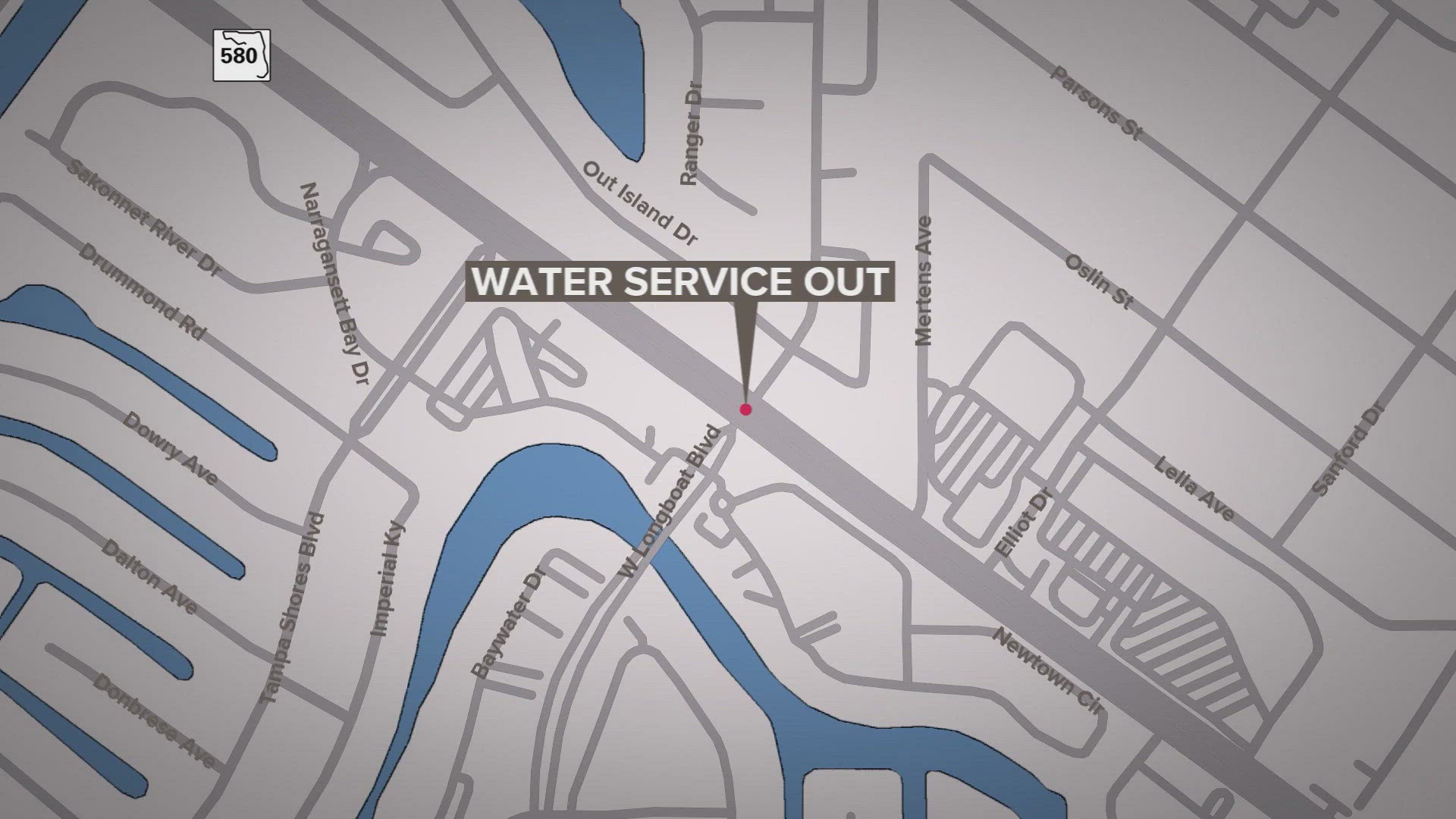Rodrigo Duterte has a broader definition of acceptable rhetoric and behavior than most politicians.
The Philippines' newly elected president is a law-and-order advocate who has said he would use death squads to execute criminals and dump their bodies in Manila Bay.
And a series of crude remarks have earned the 71-year-old mayor of Davao, the Philippines' third-largest city, nicknames like "the Punisher," the "Donald Trump of the East" and "Duterte Harry." The latter a nod to the vigilante detective made famous by Clint Eastwood in the movie Dirty Harry.
His unrepentant, tough-on-crime position has won him legions of supporters attracted to the irreverence of a political maverick.
!['Trump of The East' becomes The Philippines' new president [video : 84169598]](http://videos.usatoday.net/Brightcove2/29906170001/2016/05/29906170001_4886279972001_4886274266001-vs.jpg?pubId=29906170001)
"Tough talking and no nonsense but with a soft spot for the poor, women and children," is how Duterte's office website describes the man who will preside over 100 million people in a growing Southeast Asia economic powerhouse that is also one of the United States' closest allies in the region.
Duterte claimed victory and his chief rivals conceded in Monday's election, although his large lead had not yet been officially confirmed by Philippine election officials.
![Outspoken Filipino mayor Duterte appears to win presidency [oembed : 84173660] [oembed : 84173660] [oembed : 84173660] [oembed : 84173660] [oembed : 84173660] [oembed : 84173660] [oembed : 84173660] [oembed : 84173660] [oembed : 84173660] [oembed : 84173660]](/Portals/_default/Skins/PrestoLegacy/CommonCss/images/smartembed.png)
Like Trump, Duterte has managed to emerge unscathed despite months on the campaign trail making incendiary comments, carried along by a core group of supporters who appear to be fed up with a political system that is notoriously corrupt and run by a clique of elites. Duterte has vowed to solve the nation's problems with drugs and corruption in as little as three months, a Trump-like boast.
But Duterte has trumped the presumptive Republican presidential nominee when it comes to disparaging remarks.
"I was angry she was raped, yes that was one thing. But she was so beautiful, I think the mayor should have been first. What a waste," Duterte said in a 1989 YouTube video while addressing laughing supporters at a campaign rally. The woman he was speaking about was an Australian missionary who was raped and murdered during a prison riot.
![Philippines presidential election [gallery : 84169250]](http://www.gannett-cdn.com/-mm-/74e8534c6f89b19bafa6605605c07378dbb4fd68/c=208-0-2991-2379/local/-/media/2016/05/09/USATODAY/USATODAY/635984333985280748-EPA-PHILIPPINES-ELECTIONS-AFTERMATH.jpg)
Duterte, mayor of Davao for 22 years, apologized for his remarks late last month, saying that "sometimes my mouth can get the better of me."
That may have been the case in November, when he called Pope Francis the "son of a whore," apparently for causing a traffic jam in the Philippines when the pontiff visited the largely Catholic country in January 2015. Duterte told the pope to go home and "not visit us again."
But beyond his tough talk on crime and corruption, Duterte — also like Trump — has been vague on specific domestic policy proposals. The Philippines has enjoyed robust economic growth under President Benigno Aquino III, who is limited to a single six-year term. Duterte's oratorical bluster and lack of detail has unnerved Philippine government bond, stock and peso currency traders recently. However, his record as mayor of Davao has been seen as relatively pro-business.
On foreign policy, Duterte indicated he would change course and engage China one-on-one over complaints that the Beijing government is building military bases in parts of the South China Sea that the Philippines contends is its territory. He recently bragged that he would ride a jet ski to a disputed island occupied by China to personally stake the Philippines’ claim.
A more pressing question may be how a candidate who has run as an outsider will actually govern as president. Duterte has threatened to dissolve Congress if it impedes his anti-corruption drive, and to impose martial law if necessary to clean up crime.
“My number one concern with Duterte is not his economic policy and not his foreign policy — it's the statements he's made that have showed a dismissiveness of democratic politics,” said Gregory B. Poling, director of the Asia Maritime Transparency Initiative, a source for analysis and policy research about Asia.
“This is probably mostly rhetoric from Duterte,” said Poling. "But even if it is rhetoric, the fact that he's using it ... doesn't speak well for either political stability or the ability to work with Congress to get things done."
![Philippines Overview [oembed : 84135500] [oembed : 84135500] [oembed : 84135500] [oembed : 84135500] [oembed : 84135500] [oembed : 84135500] [oembed : 84135500] [oembed : 84135500] [oembed : 84135500] [oembed : 84135500] [oembed : 84135500] [oembed : 84135500] [oembed : 84135500] [oembed : 84135500] [oembed : 84135500] [oembed : 84135500] [oembed : 84135500] [oembed : 84135500] [oembed : 84135500] [oembed : 84135500]](/Portals/_default/Skins/PrestoLegacy/CommonCss/images/smartembed.png)


![philippines_duterte [image : 84133206]](http://www.gannett-cdn.com/media/2016/05/09/USATODAY/USATODAY/635983847035189731-BX141-1EAD-9.JPG)
